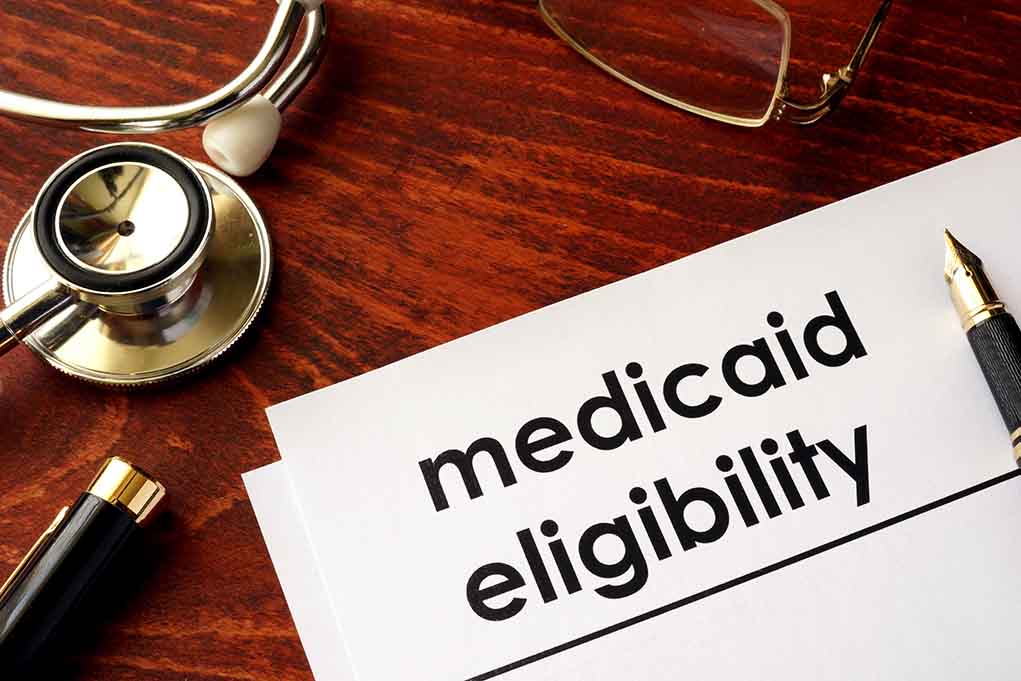Supreme Court Deliberates Over States’ Controversial Medicaid Cuts

South Carolina’s battle to strip Medicaid funding from Planned Parenthood reaches the Supreme Court, posing critical questions about states’ rights and patient choice that could reshape healthcare access nationwide.
Top Takeaways
- The Supreme Court is evaluating whether South Carolina can block Medicaid recipients from using funds at Planned Parenthood facilities
- The case originated when a woman sued after being denied Medicaid-covered services at Planned Parenthood South Atlantic
- South Carolina argues states aren’t legally obligated to fund abortion providers, while Planned Parenthood contends patients have the right to choose their providers
- Federal law already prohibits Medicaid funds from being used for abortions, but the case questions whether states can block all services
- The ruling could have national implications, potentially allowing other states to follow South Carolina in restricting Medicaid funding to Planned Parenthood
Constitutional Questions at the Heart of the Dispute
The Supreme Court is deliberating whether South Carolina has the authority to terminate Medicaid funding for Planned Parenthood, a case that has escalated to the highest court after a Medicaid recipient sued when denied services. The legal battle centers on two fundamental questions: whether Medicaid beneficiaries can legally challenge state policy limitations, and whether states can establish their own guidelines determining which healthcare providers receive Medicaid funding. South Carolina maintains it has no legal obligation to direct taxpayer dollars to organizations providing abortion services.
“Disqualifying abortion providers like [Planned Parenthood] ensures that women receive comprehensive medical care. It also ensures that South Carolina’s Medicaid funding goes toward improving ‘access to necessary medical care and important women’s health and family planning services’ for all women—rather than improving Planned Parenthood’s ability to free up funding to pay for abortions,” said John Bursch, a lawyer with Alliance Defending Freedom representing South Carolina.
Some conservative justices, including Brett Kavanaugh and Neil Gorsuch, expressed skepticism toward opposing arguments during the hearing, questioning the legal foundation for requiring states to fund specific providers.
Today at SCOTUS: South Carolina Fights for Right to Defund Planned Parenthood in Medicaid
The state of SC will defend its right to exclude abortion businesses from receiving Medicaid taxpayer dollars in Medina v. Planned Parenthood South Atlantic.
https://t.co/GMiDmTgzhf pic.twitter.com/5zFcxMD4P1— SBA Pro-Life America (@sbaprolife) April 2, 2025
State Leadership’s Position on Funding
South Carolina Governor Henry McMaster has been vocal in his support for the state’s position, traveling to Washington for the Supreme Court arguments. “I’m in Washington this morning as we defend South Carolina’s right to exclude Planned Parenthood and other abortion providers from our Medicaid program,” McMaster stated, emphasizing his commitment to preventing taxpayer dollars from supporting abortion providers, even indirectly. His position aligns with other Republican-led states that have attempted similar funding restrictions.
McMaster has repeatedly argued that there are many other healthcare organizations throughout South Carolina providing maternal health services without connections to abortion services. The governor insists that state residents don’t want their tax dollars supporting Planned Parenthood, even though federal law already prohibits Medicaid funds from directly covering abortion procedures. South Carolina currently bans abortions around six weeks from conception with limited exceptions.
Planned Parenthood’s Defense and Potential National Impact
Nicole Saharsky, representing Planned Parenthood, presented the opposing argument that the Medicaid Act requires states to honor recipients’ choice of provider. “As this case comes to the court it is established that South Carolina violated the statute by denying Julie Edwards of her choice of a qualified and willing provider. The only question is whether she can do something about it,” Saharsky told the court. Planned Parenthood South Atlantic maintains that blocking Medicaid recipients from accessing their services would primarily harm those already struggling financially.
The outcome of this case extends beyond South Carolina’s borders. If the Supreme Court rules in favor of the state, it could trigger similar measures nationwide. States including Texas, Mississippi, Missouri, and Arkansas have already attempted to block Medicaid funding from reaching Planned Parenthood facilities. The organization received nearly $700 million in federal funding between 2022 and 2023. The court’s decision will potentially redefine whether patients can sue over provider restrictions, setting new precedent for Medicaid administration across all states.


